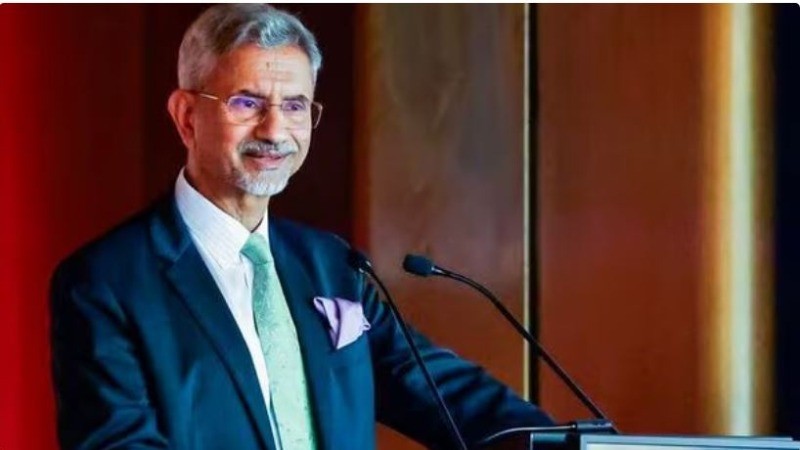
MUMBAI: India's External Affairs Minister Dr. S. Jaishankar projected that bilateral trade between India and Russia would surpass USD 100 billion by 2030, calling this goal both realistic and achievable.
Addressing the India-Russia Business Forum in Mumbai, Jaishankar highlighted that trade between the two nations currently stands at USD 66 billion, making the target of USD 100 billion by 2030 feasible. However, he stressed the need to address the imbalance in trade, which he described as highly one-sided. He emphasized the importance of tackling non-tariff barriers and regulatory obstacles to make this target achievable. Jaishankar also noted that trade negotiations with the Eurasian Economic Union began in March this year and need to be advanced vigorously.
The Minister pointed out key areas that will drive future economic cooperation, including the establishment of a Comprehensive Economic Partnership by 2030. He called for expediting the negotiation of a Bilateral Investment Treaty, which would enhance investor confidence, particularly by focusing on mutual settlements in national currencies. He mentioned the implementation of Special Rupee Vostro Accounts, which would help facilitate currency settlements and support a more balanced trade relationship.
Jaishankar also discussed the positive impact of the May 2024 agreement between Indian and Russian customs authorities on Authorized Economic Operators, which has improved trade facilitation and ease of doing business.
In terms of logistics, Jaishankar emphasized the continued development of key connectivity corridors like the International North-South Transport Corridor (INSTC), the Chennai-Vladivostok Maritime Corridor, and the Northern Maritime Route, all of which are vital to enhancing trade and transportation links between the two countries.
Beyond trade, Jaishankar highlighted the importance of cultural and educational exchanges. He noted that initiatives like the "Make in India" program have gained recognition in Russia, contributing to a stronger economic and cultural relationship. He also mentioned the role of sectors like education and film in strengthening ties between the two nations.
Jaishankar revealed that work on a Programme of Economic Cooperation through 2030 is already in progress, with the goal of creating a sustainable framework for bilateral growth. He acknowledged some challenges, including issues in banking, payment systems, logistics, and market access, and urged both governments to work together on solutions that would ease business operations and promote trade.
Russian Business Centre to Open in New Delhi Tomorrow
World Awaits Trump's Next Moves as He Secures Second Presidential Win
China’s Xi Congratulates Trump, Seeks New Path for China-US Relations